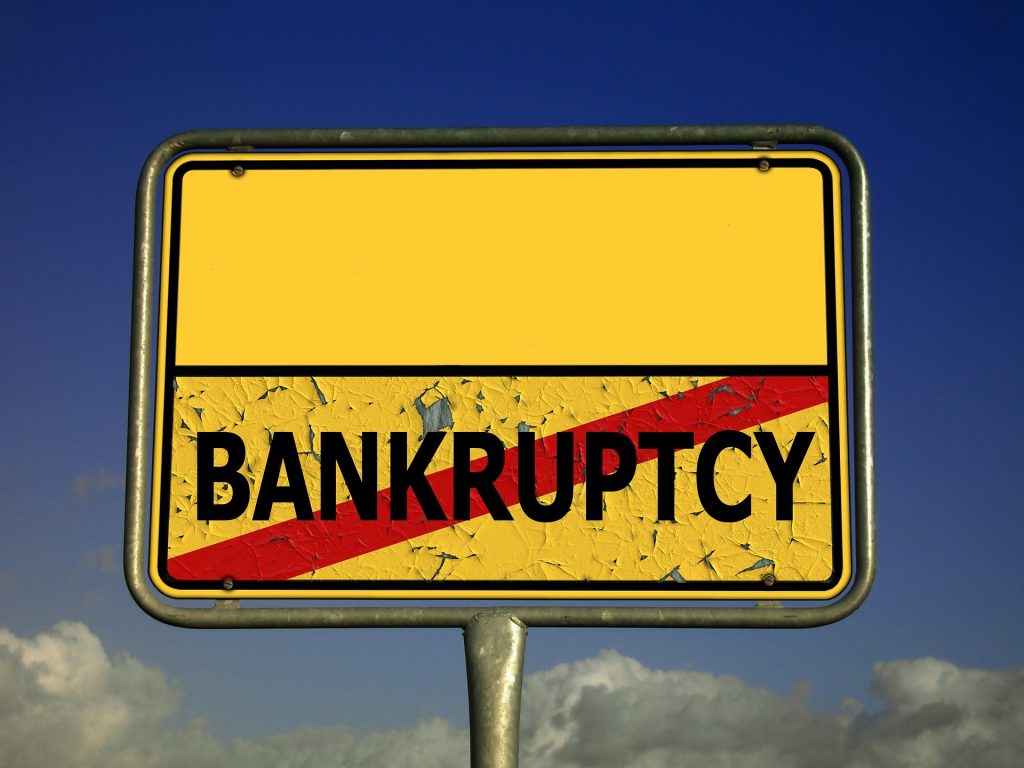Bankruptcy is never in anyone’s plan, least of all when it comes to their family. In fact, most people don’t think about it until they have reached the point where they are so far in debt that they need to declare bankruptcy. However, to avoid reaching that point, it is important to be aware and to create protections for your family in case of unforeseen circumstances.
Plan Ahead
No matter what your personal circumstance are, you should always be looking to the future when it comes to finances. You never know when you might run into problems with money. You may need to pay for repairs, you may be in a car accident, or you may have a medical emergency. To avoid having these unforeseen circumstances cause a lot of debt, make sure that you have an emergency saving account. This money can be used to pay some of your unexpected expenses and keep you from incurring so much debt that you can’t pay it all back. Set aside a little money from each paycheck or other forms of income that you receive. This will gradually build up to a sizeable amount of money.
Separate Business and Personal
If you own a business, make sure you separate your business and personal assets right from the beginning by choosing the appropriate business type. A sole proprietorship leaves both your business and personal assets at risk. Choose a limited liability company (LLC) or a corporation. These two choices separate your personal assets from those of your business.
Resist the temptation to fund your business loan using personal property as collateral. This protects your family’s assets, such as home and car, if your business needs to declare bankruptcy. Also, keep your money separate with a business checking account and a business credit card. This way, if your business does struggle financially, your personal assets cannot be used to pay for your business debts.
Declaring Bankruptcy
Sometimes you can’t avoid declaring bankruptcy. When you reach this point, you do have a few options that will allow you to continue to protect some of your assets. If possible, file for Chapter 13 bankruptcy instead of Chapter 7 bankruptcy. In a Chapter 7 bankruptcy, the court sells off all your assets that are not protected by federal or state law to pay off your debts. Using Chapter 13 bankruptcy lets you establish a payment plan for your debt and allows you between three and five years to repay it. The court places a protection on your home. Chapter 13 bankruptcy does require additional paperwork to prove that you will be able to pay your debts, so make sure you have competent legal assistance.
You never know what the future may hold, so now is the time to start preparing for the future so that you can provide for your family. Set aside a little money, make sure you keep everything separated into the appropriate areas, and don’t be afraid to seek help from financial advisors.
